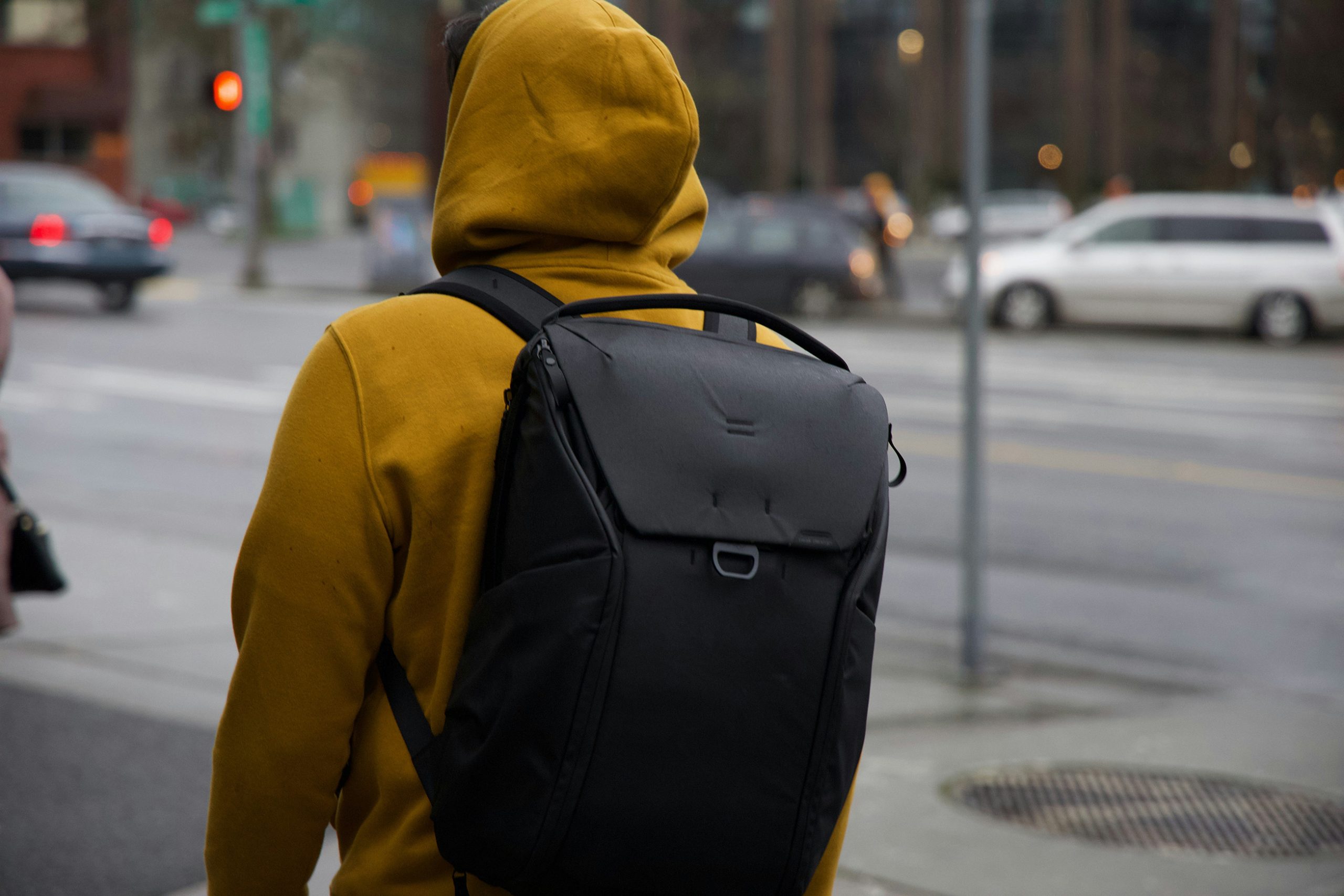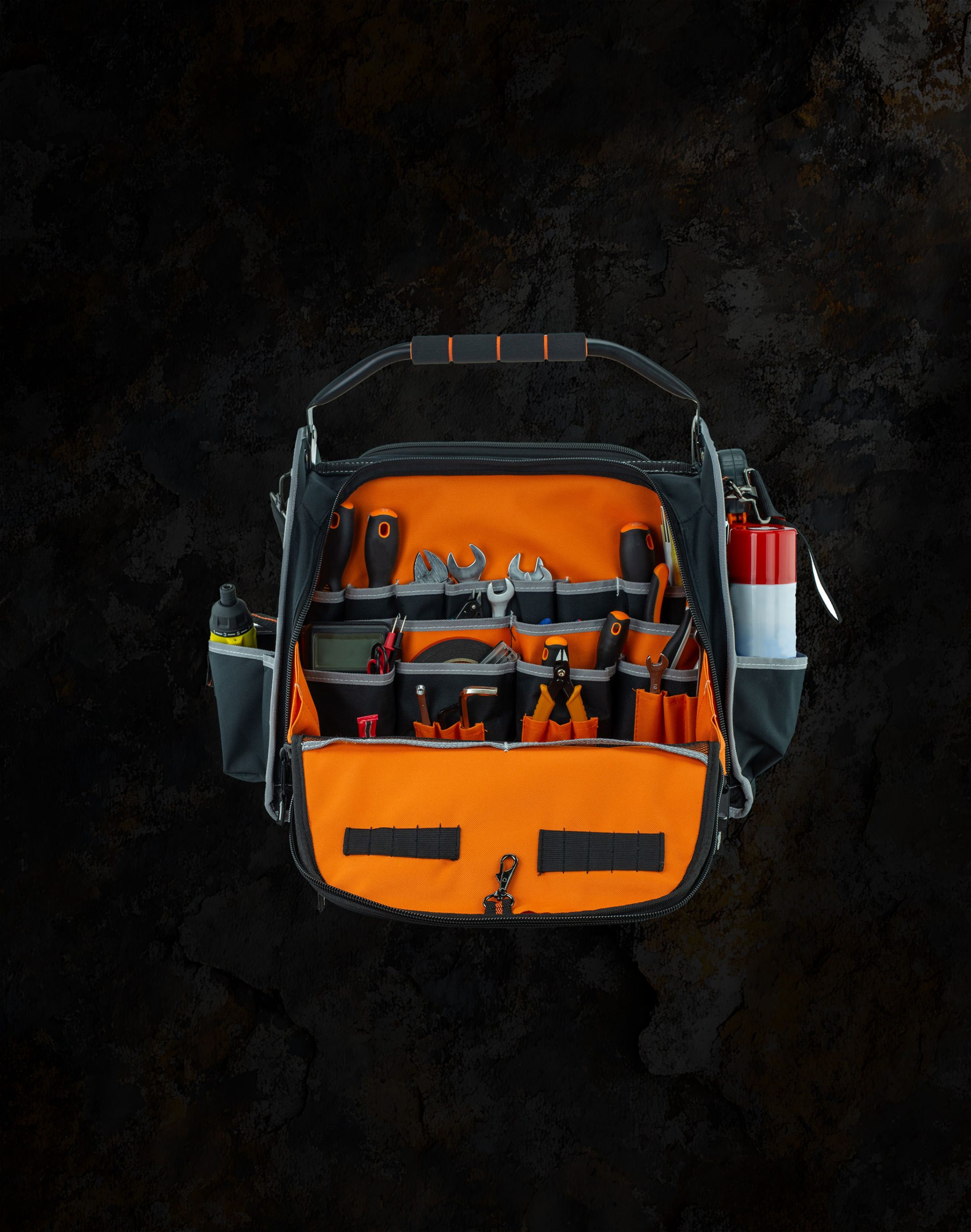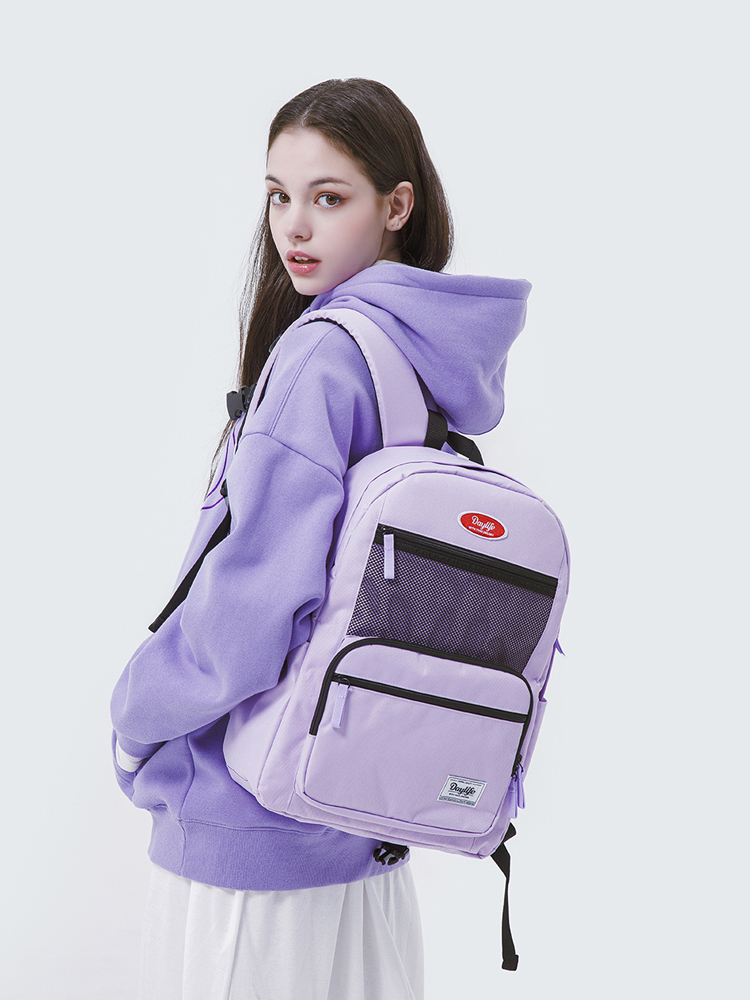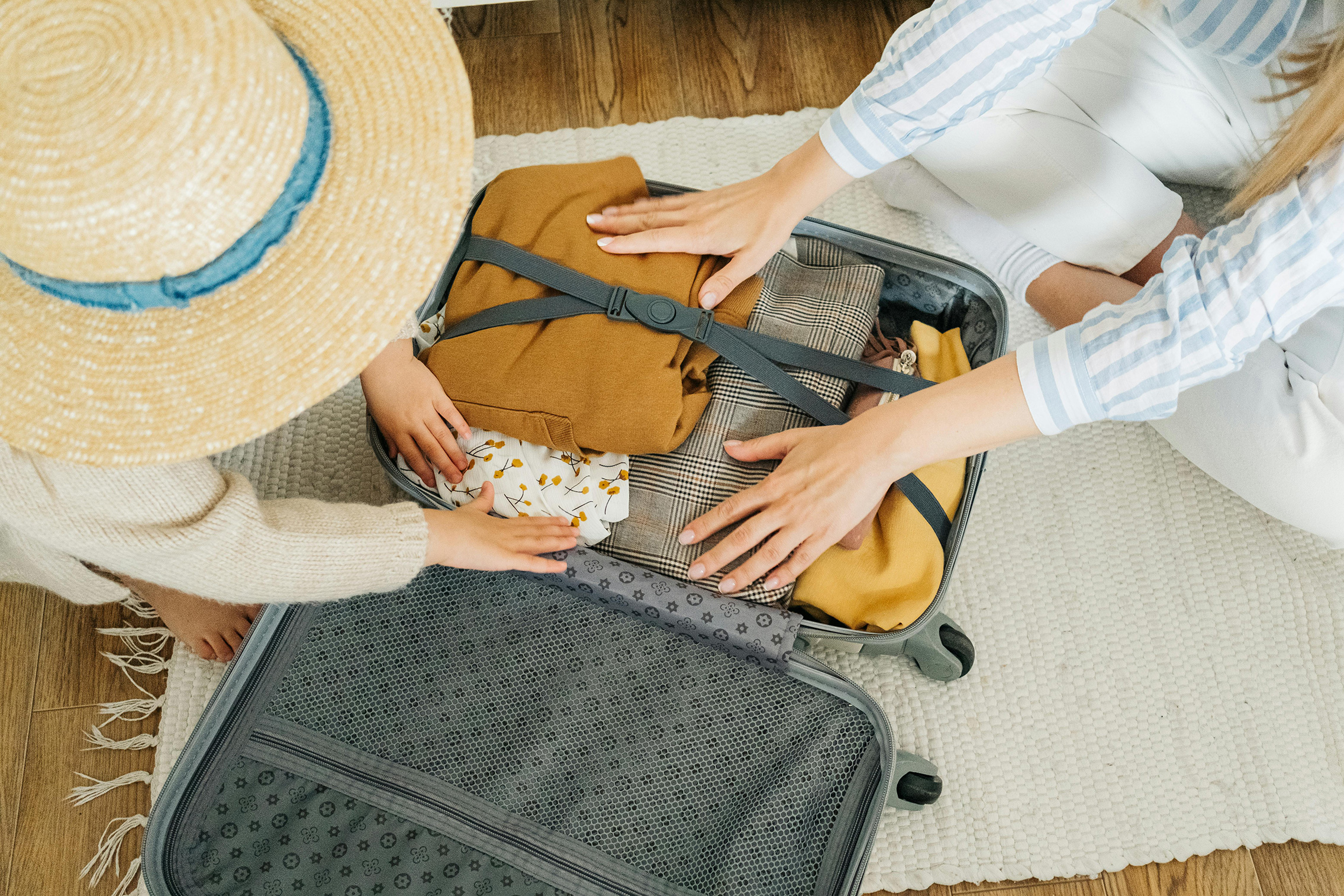Backpacks can cost anywhere from twenty bucks to two grand. What’s the deal? What makes one bag worth so much more than another that looks pretty similar? It all comes down to the little things that set the really good ones apart.
Whether you’re a hardcore traveler, a pro who likes nice things, or just someone who wants quality, knowing what makes a backpack expensive can save you cash in the long run. You’ll end up with gear that does what it promises.
Why Are Some Backpacks So Pricey?
Not Just a Status Symbol: Real Worth
The best backpacks aren’t about showing off a brand name. They’re built well, with every little part made to make your life easier. These bags are created with time and care, where they think about every stitch and buckle to make something great.
What Makes It Cost More?
A backpack that costs several hundred dollars isn’t just using fancy stuff. You’re paying for:
- Years of work and new ideas from the company
- Good materials from special places
- Careful construction and checks to make sure it’s perfect
- Testing in tough conditions
- Good support if something goes wrong
What It’s Made Of: The Key to Quality
Great Fabrics Matter
Awesome Nylon Stuff
The difference between a cheap backpack and a top-shelf one often starts with the fabric. Great stuff like VX-21 ripstop is light but tough and can handle weather, but cheap bags use basic material that easily breaks down..
Here’s what to look for:
- Denier ratings above 500D: Higher denier means a stronger fabric.
- Ripstop: Prevents small tears from becoming big ones.
- DWR (repellent): Keeps water out.
- Cordura: Super-tough stuff used by the military.
Cool New Materials
Some materials, like nylon ripstop with a waterproof layer, are super tough and can handle almost anything. They cost more but last way longer.
Strong Hardware
YKK Zippers
Good zippers keep water out and are the best you can get. Look for:
- YKK Aquaguard zippers for sealing.
- Zippers that don’t break easily.
- Hardware that won’t rust.
Buckles and Clips
The best backpacks use strong buckles from companies like ITW Nexus, Duraflex, or YKK. They might cost a bit more, but they can handle a lot of weight and last for years.
How It’s Made: Craftsmanship and Smart Design
Better Ways to Build
Welded vs. Stitched
Top-tier backpacks often use welded seams instead of sewing. This means:
- It’s fully waterproof.
- There are no threads to break.
- It’s stronger overall.
Reinforcements
Check for:
- Reinforced stitching at spots that get stressed.
- Double layers in areas that wear easily.
- Straps that help carry weight better.
- Frames made of light but strong materials like aluminum or carbon fiber.
Small Details Matter
Good Stitching
The best backpacks have:
- Lots of stitches per inch.
- Thread that matches the color of the fabric.
- Extra stitching at stress points.
- Clean seams.
Brands Known for Quality
Arc’teryx
Website: https://arcteryx.com/us/en/c/packs
Arc’teryx packs are made to move through any terrain with you. They have things like fit systems, weather protection, and places to store your tools and gear.
Why Arc’teryx is Worth It:
- Special AC2 tech
- Comfortable back panels
- Good balance and mountain toughness
- Great warranty
Price: $100-400
Good For: Serious outdoor folks who want the best.
Tumi
Website: https://tumi.com/c/backpacks/
Tumi makes backpacks for travelers, with tough materials, secure spots for your stuff, and things like USB charging and protection from digital theft.
Cool Features:
- FXT ballistic nylon
- USB charging
- Laptop spots
- Repair services
Price: $200-600
Good For: Business people who travel.
Peak Design
Peak Design has changed camera bags with systems and fast access. Their backpacks are top-notch because of:
- Magnetic systems
- Adjustable dividers
- Weather protection
- Features for photographers
Price: $150-400
Good For: Photographers.
Smart Design: Making it Work Well
Comfortable to Carry
Good Suspension Systems
The better backpacks focus on user comfort:
- Adjustable length that fits different people.
- Straps that move weight from your shoulders to your hips.
- Back panels that let air flow so you don’t get too hot.
- Hip belts with support.
Keeps You Organized
Thoughtful Sections
Great backpacks have:
- Safe places for laptops.
- Easy-to-reach pockets for things you use a lot.
- Sections that keep your things from becoming a mess.
- Straps that keep everything tight.
Weatherproof
Keeps the Rain Out
These backpacks protect from the weather:
- Fabric with water repellent.
- Waterproof zippers
- Covers for heavy rain
- Sealed seams
Warranty and Support: What’s It Really Worth?
A Real Deal
Good brands stand by their products with warranties:
What to Look For:
- Warranties (not just defects)
- Repair services
- Support that helps if something goes wrong
- Upgrade programs
Watch Out For:
- Short warranties
- Warranties that don’t cover wear and tear
- Hard to file a claim
- No repair shops
Fashion vs. Function
Style
Bottega Veneta Backpack
It’s made with Italian leather for a fancy look.
Price: $2,000-4,000
Worth It For: Leather, style, fashion
Performance
Brunello Cucinelli Backpack
Made with elegance for people who want nice material and details.
Designer Bags Are Smart When:
- Made by hand
- materials
- Limited availability
- Brand name
How to Decide: Make Sure You Get Your Money’s Worth
How Much Will It Cost You Daily?
Before you get a pricey backpack, think about how much it will cost you.
How to Figure It Out:
Total Cost = Cost per use
For Instance:
$400 backpack ÷ (250 uses × 10 years) = $0.16 each time
Compare this to replacing a $50 backpack every 2 years:
$50 ÷ (250 uses × 2 years) = $0.10 each time at first, but:
- It’s annoying to replace it.
- It won’t work as well over time.
- It’s not good for the environment.
When Does It Pay Off?
Premium backpacks usually pay off if:
- Used often
- Replacing cheaper ones.
- Protecting your gear.
- It doesn’t fail on you.
Is Cheaper Better?
What to Avoid
Looks Over Worth:
- Lots of ads
- Not many facts
- material
- Short warranty
Bad Build:
- Plastic
- Bad stitching
- Polyester.
- Bad zippers
What’s Good
Real Features
- Material details
- Testing
- Athlete use
- Research
How to Buy
For You
For Outdoors:
Buy these things:
- Weather resistant
- Comfortable
- Attachment spots
- Easy to fix
For Work:
Think about:
- Stuff that ages well
- Compartments
- Look
- Safe
For Style:
Think about design:
- Looks over trends
- Good material
- Styling
- Brand recognition
Smarter Shopping
Do Research:
- Figure out what you need.
- Look into brands.
- Compare materials and warranties.
- Figure cost.
Take a Look:
- Look at it
- Test weight.
- Feel it
- Warranty
Buy:
- From a trusted seller
- Photos and receipts
- Register
- Testing it
The Future
New Tech
Charge:
- Charging and cables
- GPS
- Climate
- Expand
Material:
- Strong fabric
- Materials that heal
- Temp control
For The World:
- Recycled
- Neutral
- Recycle
- Good work
Final Thoughts
The difference is in the build, and care that makes it worth it. Know what to look for.
It is there when you need it.
Don’t look at logos. Find quality, and look at the real cost over time. Then you’ll know which is the right brand for you.
Your life and what you do count. Invest in quality.
#PremiumBackpacks #LuxuryBags #ExpensiveBackpacks #QualityGear #BackpackReview #TechnicalGear #OutdoorEquipment #TravelBags #PremiumMaterials #BackpackGuide #GearInvestment #QualityOverQuantity #DurableBags #ProfessionalBags #OutdoorLife #TravelEssentials #LuxuryTravel #AdventureGear #PremiumBrands #BackpackComparison



